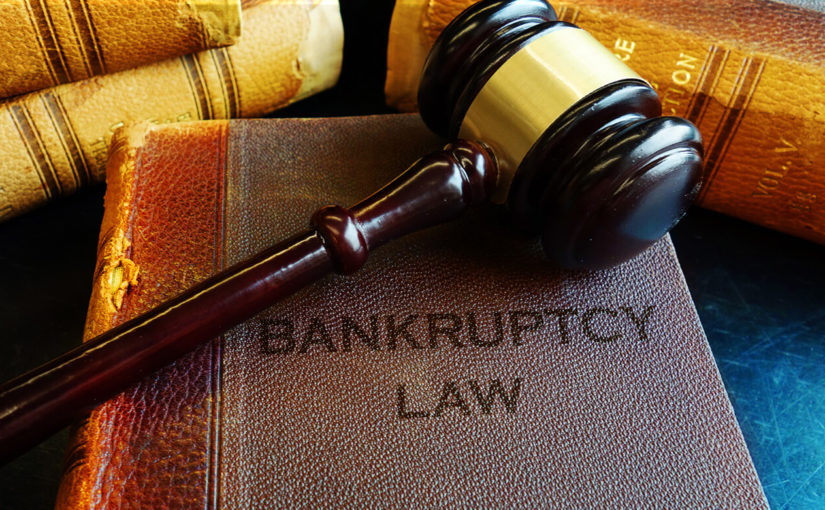
It can happen to anyone: you suffer a financial set-back like the loss of a job, and you are unable to make timely payments on a debt. What can you do?
It helps to act quickly. A consumer having difficulty paying a debt can contact the creditor, explain the circumstances, and offer to work out a payment plan. Sometimes the creditor will refinance or otherwise modify the agreement to give you a chance to catch up.
It is to the creditor’s advantage to avoid bringing in a debt collection company. However, if it begins to look like you will not be able to pay the debt within a reasonable time, the creditor may sell it to a debt collection company for less than the face value of the debt. Then the debt collector will try to collect the debt, up to the full amount, from you.
In any case, the law does provide you with some protections against creditors or debt collection companies trying to collect money you may owe.
Protections Under the Law
The activities of debt collectors in Texas are regulated by the Texas Debt Collection Act. The Act prohibits the use of fraudulent and abusive collection tactics by individuals or corporations to obtain payment on outstanding debts against a debtor.
It is unlawful for a debt collector to attempt to collect more than the amount originally agreed upon – whether the agreement was in writing or not. However, the debt may be increased by the addition of attorney fees, investigation fees, service fees, collection fees, or other charges if a written contract authorizes the additional charges.
If you dispute an item in the file a debt collector has on you, you must give the debt collector written notice. The debt collector is not required by law to cease collection efforts if you merely call the debt collector about your dispute. Written dispute of the debt is best accomplished by sending your complaint to the debt collector by certified mail return receipt requested. Keep a copy of all correspondence you send to the debt collector. The debt collector has 30 days after receiving your written request to determine whether or not the disputed item is correct.
If it is incorrect, it must be corrected. The debt collector must notify anyone who has already received a report containing the incorrect item. If, at the end of 30 days, the debt collector has not been able to determine whether the item is correct or not, he or she must make the change you requested and notify anyone who received a report containing the incorrect item.
If it is later determined that the item was correct after all, you must be notified and collection efforts may be continued.
Harassment and Fraud are Prohibited
State law prohibits the use of harassment and abusive collection tactics. It is illegal for any debt collector to:
- threaten violence or other criminal acts;
- use profane or obscene language;
- falsely accuse the consumer of fraud or other crimes;
- threaten arrest of the consumer, or repossession or other seizure of property without proper court proceedings;
- use the telephone to harass debtors by calling anonymously or making repeated or continuous calls;
- make collect telephone calls without disclosing the true name of the caller before the charges are accepted.
The use of fraudulent or deceptive practices is also prohibited, including:
- using a false name or identification;
- misrepresenting the amount of the debt or its judicial status;
- sending documents to a debtor that falsely appear to be from a court or other official agency;
- failing to identify who holds the debt;
- misrepresenting the nature of the services rendered by the collection agency or the collector;
- falsely representing that the collector has information or something of value in order to discover information about the consumer.
Your home and wages:
Some collectors will threaten to take your home or wages to pay for a debt. In Texas, if your residence has been declared a homestead, it cannot be taken to pay a debt except for debts taken for the purchase of the home (ie, a mortgage in default), for home improvements, for home equity loans or to pay certain taxes. Wages may be garnished only to pay debts related to court-ordered child support, back taxes, and defaulted student loans. Debt collectors cannot garnish wages for repayment of consumer debt.
You can read about declaring your home as your homestead, for which you will receive certain tax exemptions as well as protection against debt collectors here: Comptroller of Public Accounts (tax exemption FAQs).
Penalties for Violations
Violators of the Texas Debt Collection Act are subject to criminal and civil penalties. Consumers who think they have been harassed or deceived may seek injunctions and damages against debt collectors.
These actions are also violations of the Texas Deceptive Trade Practices/ Consumer Protection Act which gives the Attorney General the authority to take action in the public interest.
Federal Fair Debt Collection Practices Act
Texas statutes cover actions by anyone trying to collect a consumer debt. The federal Fair Debt Collection Practices Act applies only to collectors working for professional debt collection agencies and attorneys hired to collect a debt. It is similar to Texas law, but also prohibits:
- calls at work if the collector has reason to know the employer does not permit such calls;
- calls before 8 a.m. or after 9 p.m. unless the collector knows such times are more convenient for the debtor;
- “unfair or unconscionable means to collect or attempt to collect a debt;”
- any conduct to harass, oppress, or abuse.
If you are being subjected to harassing, abusive, or fraudulent debt collection tactics by professional debt collectors, and you want to stop further contact with you, notify the collector in writing. Keep a copy of your letter and send the original to the debt collector by certified mail.

